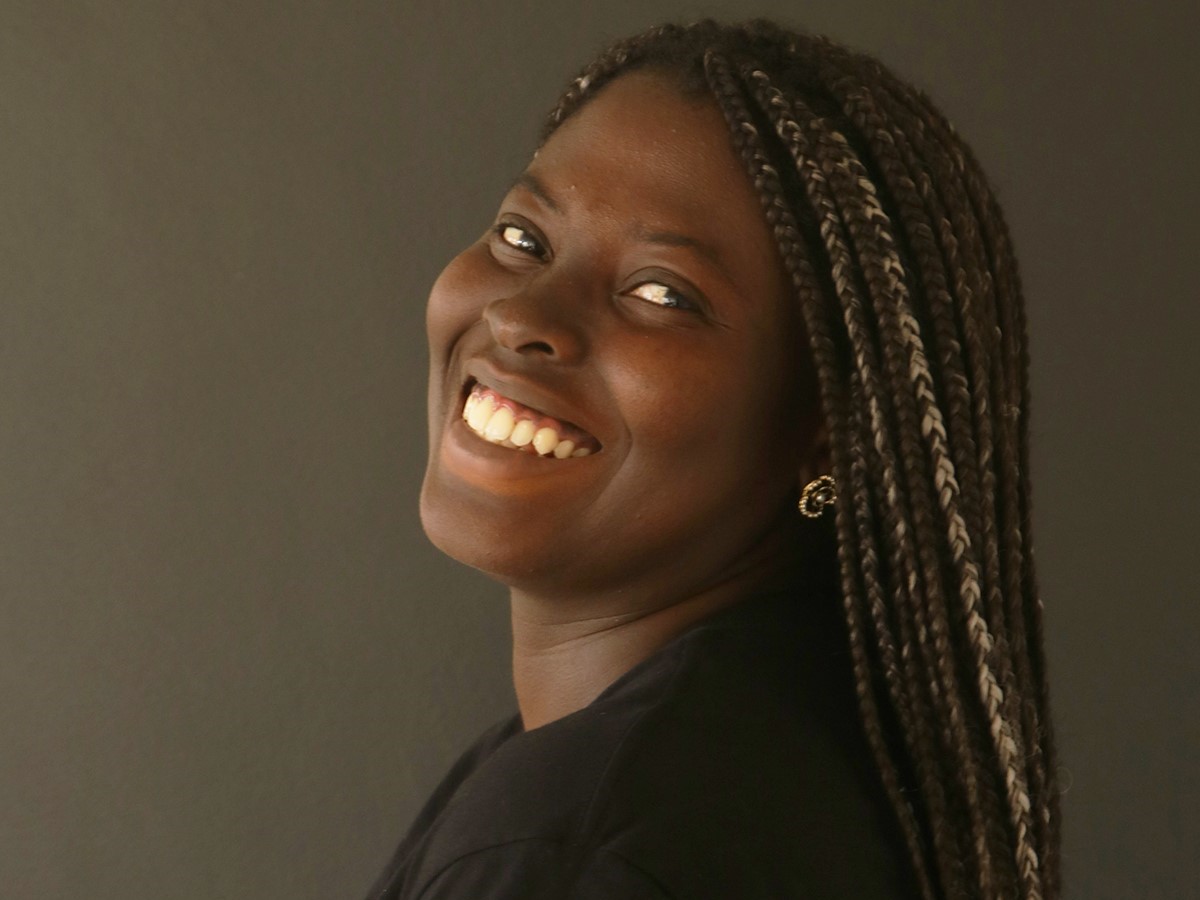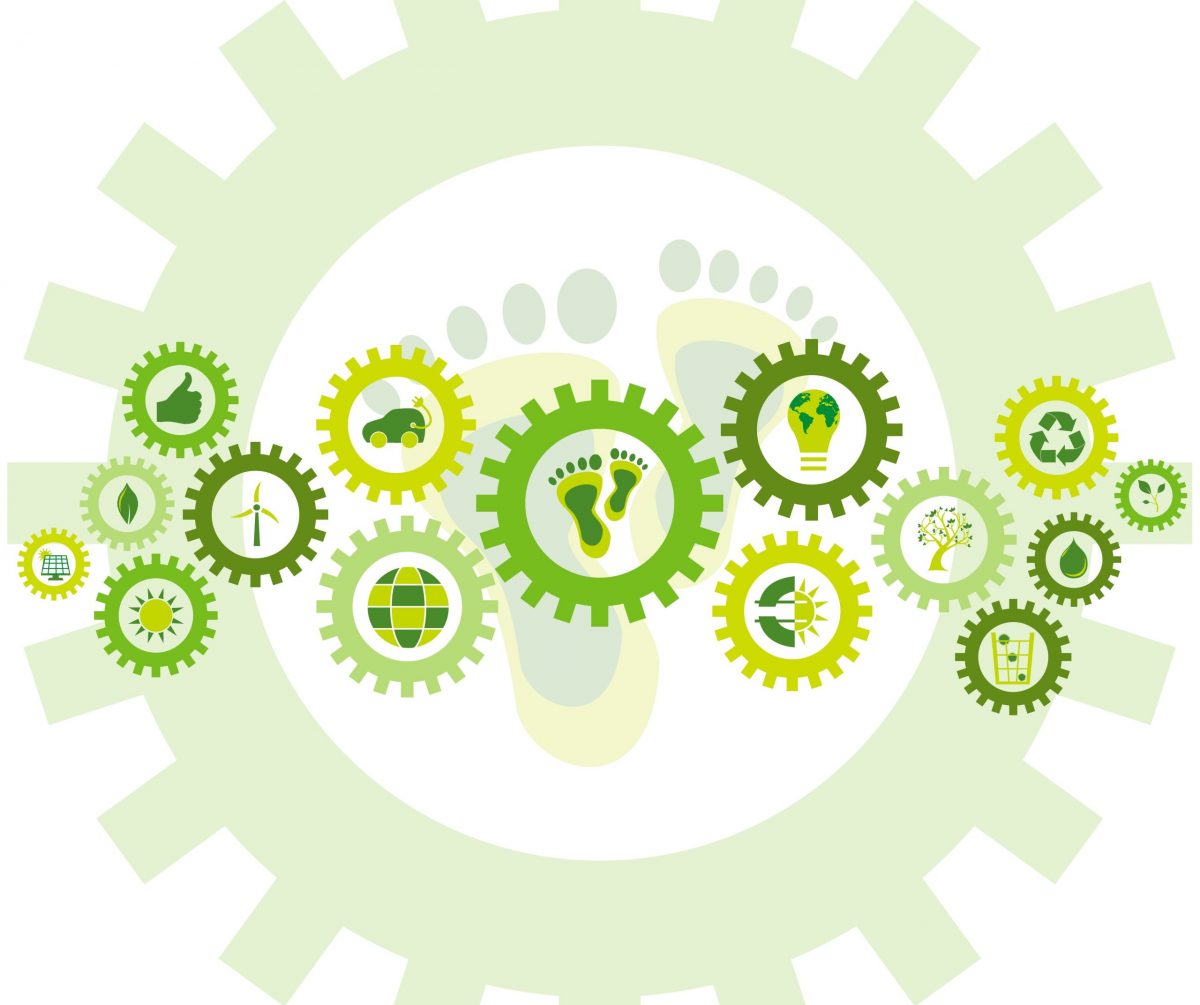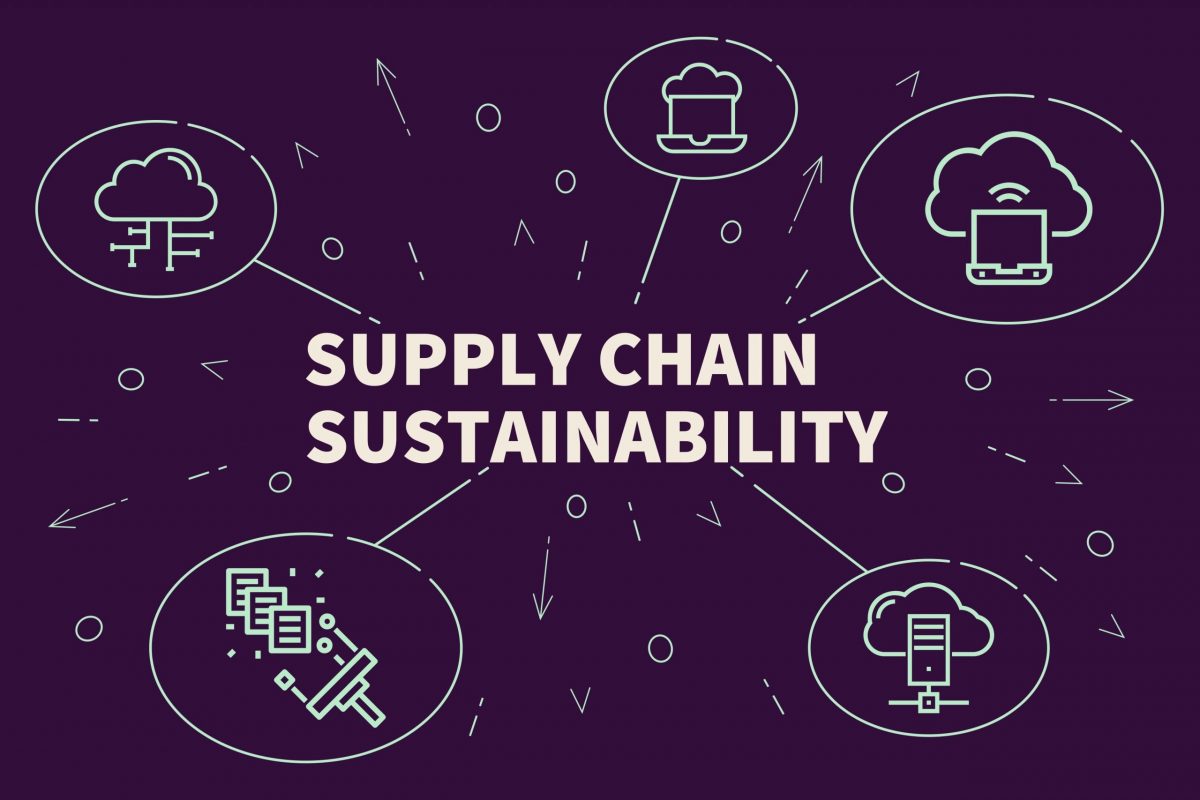FFS PhD student Kesewa Agyemang came to Sydney, Australia to further her research interests in logistics and managing critical supply chains.
At UNSW Sydney, her PhD project involves modelling freight transport along the food and agriculture supply chain from producer to consumer.
Kesewa hopes to deliver a tool that supply-chain stakeholders can use to optimise freight transport efficiency and product quality while reducing fuel emissions and food loss on the journey from farm to fork.
Early inspiration
As a student, Kesewa learned the power of mathematics and modelling in solving network and logistical problems.
“During my undergraduate study in logistics and supply-chain management, I developed a keen interest in utilising mathematical algorithmic models and simulations to optimise complex logistical and transportation network systems,” she recalls.
“I had many inspiring researchers who sparked my interest in freight modelling, such as Malcom McLean, inventor of the container-shipping system; [tourism pioneer] Thomas Cook; and Kerb Keller, who turned the network of airline routes into an operational airline system.
“One thing I loved about all these researchers is that they built on existing research but added their unique perspectives to introduce something new.”
Eager to add her unique perspective to the challenges of managing complex commodity freight supply chains, Kesewa applied for a PhD scholarship at UNSW Sydney.
In December 2022, having secured funding from both UNSW and the FFS, she relocated to Australia, commencing her doctoral studies in January 2023.
Sustainable transport: An emerging field
“Due to climate-change concerns, pollution and congestion, the focus of the world is shifting towards more sustainable transportation,” Kesewa says. “Sustainable transportation aims to develop and implement transportation systems that are environmentally friendly, socially equitable and economically viable.”
“The field of sustainable freight transportation creates an opportunity to make a real difference in the world by developing and implementing sustainable freight transportation solutions.”
It also exposes Kesewa to a broad range of research areas: “A key draw is the interdisciplinary nature of the field,” she says. “Sustainable freight transport modelling encompasses various disciplines, including engineering, environmental science, economics and policy.”
FFS PhD project: Modelling agrifood freight from farm to fork
Kesewa is particularly interested in using mathematical algorithm-based models to optimise commodity freight supply chains so that goods get from A to Z efficiently, safely and sustainably.
Freight transport systems present modellers with particular challenges as various players must be considered, including those involved in production, inventory, transport logistics, consumption and trade. This is particularly important when examining international and inter-regional freight.
Modelling that integrates aggregate and disaggregate models is needed to provide a more comprehensive perspective that takes account of the various factors impacting the movements of commodity freight.
Production-to-consumption (PC) flows must be specified at aggregate level due to issues of data availability; a disaggregate model is needed to capture logistical factors at individual company level; and network assignment requires applying another aggregate model.
Thus, in her PhD project, ‘Commodity Based Freight Transport Modelling for Food and Agriculture Supply Chain’, Kesewa is adopting an Aggregate-Disaggregate-Aggregate (ADA) freight modelling system
“I will integrate systems that model the generation of trade flows and assignment networks in an aggregate way while simulating logistical decisions at the level of individual firm-to-firm flows,” she explains.
To estimate the disaggregate logistics in her freight transportation model, she’ll focus on ‘crucial choice’ decisions. These include ‘transport chains’ (choice of transport mode combined with transhipment locations); duration of storage; origin and destination of shipment; and shipment size.
Different commodity types have different supply-chain specifications and transport network characteristics, she notes. To limit the scope of the research, Kesewa is using the agrifood supply chain as a case study.
Kesewa will explore various transport chain choice models.
Through this work, she hopes to benefit producers, consumers and the planet.
Kesewa’s research is being supervised by Dr Elnaz Irannezhad, a Senior lecturer within UNSW Sydney’s School of Civil and Environmental Engineering, part of the university’s Faculty of Engineering.
“Dr Irannezhad was a major factor in my decision to do my doctorate at UNSW,” Kesewa says. “As an expert in supply chain and freight transportation, she has been invaluable in shaping the direction of my PhD proposal to ensure good alignment with real-world needs and a focus on industry uptake.
“As a fellow woman in the male-dominated field of transportation engineering, I feel better understood and supported by working with her. She has such a great mind, and this encourages me to continue working toward my goals of becoming an independent researcher and an authority in the field of logistics and transportation engineering.
“I feel optimistic about our future together.”

Post-PhD, Kesewa Agyemang is keen to get some hands-on industry experience before returning to academia to work in the field of logistics and transport engineering. Image courtesy of Kesewa Opoku Agyemang
Next steps
Obtaining her doctorate is just an initial step on Kesewa’s career journey. “After my PhD, I would love to work in industry for a period to gain valuable insight and needed skills before transitioning to an academic career,” she says.
“This will allow me to put skills gained in my PhD to use by providing opportunities to work on real-world problems, gain experience in working in an interdisciplinary team and build a professional network.
“Most importantly, industry connections will provide opportunities for future collaborations and partnerships that I believe can benefit both industry and academia.”
When she’s not working on her doctoral thesis, you might catch Kesewa enjoying some downtime with a good book, getting active in the great outdoors – or giving back.
“I love reading, hiking and waterskiing,” she says. “I am also passionate about volunteering, and I am an active member of a volunteer team in my country that focuses on bettering the lives of impoverished youth.”
Kesewa Agyemang’s PhD project commenced in January 2023 and will run until the end of 2027.
Lead image: Kesewa Opoku Agyemang, UNSW and FFS PhD student, is looking to model agrifood freight transport along the supply chain from farm to fork. Image courtesy of Kesewa Agyemang




